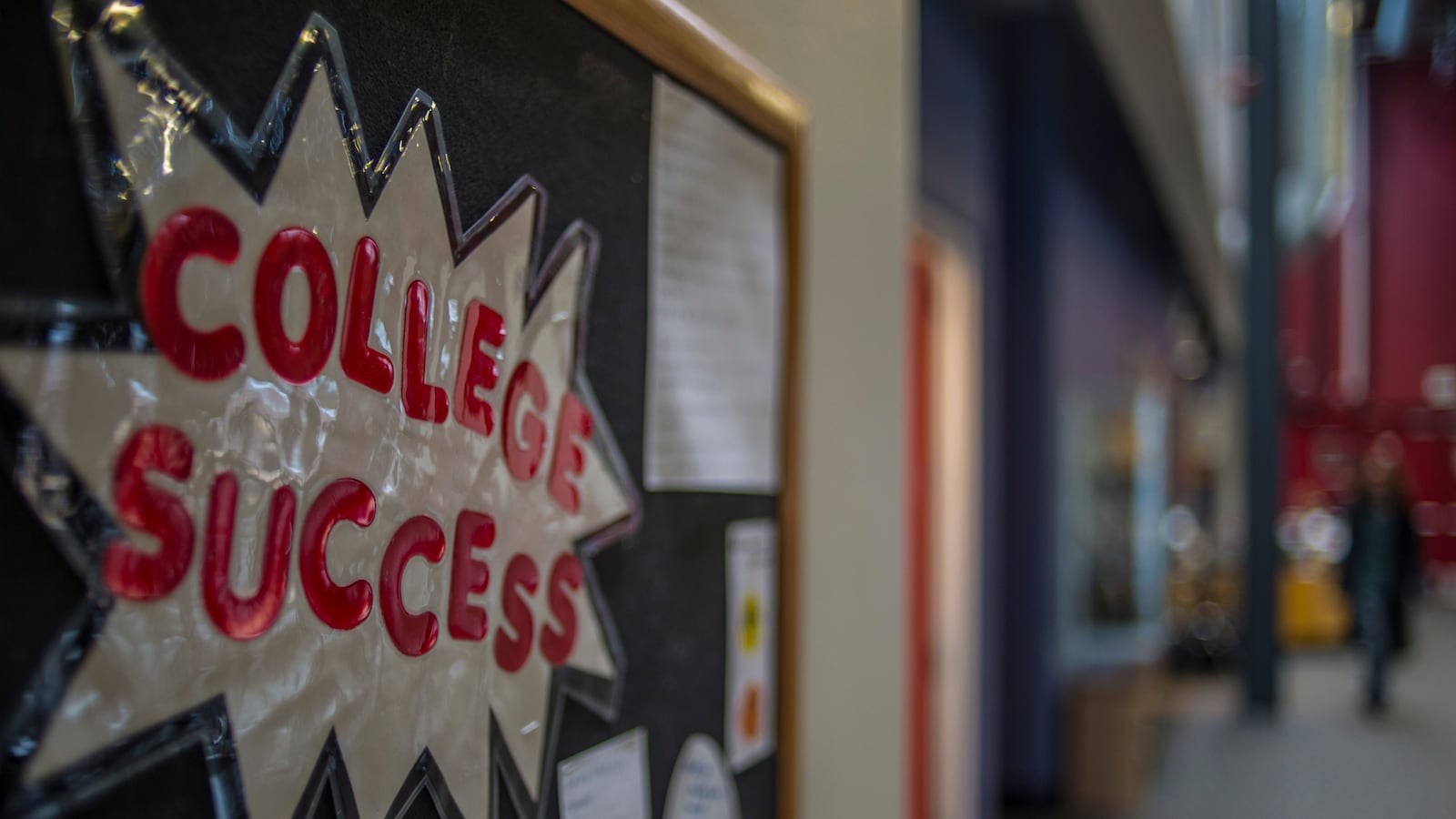I’ve spent the lead-up to my 16th year as a Brooklyn public high school educator trying to create a fall 2020 school reopening scheme, but the puzzle is unsolvable.
I’m an assistant principal, and my colleagues and I want to develop a plan that will work for our students and their families, alongside the needs of our teachers. Still, months into the process, we are still struggling with the complicated logistics. How do we schedule 89 teachers (some of whom are working remotely for health reasons) to educate 1,300 students (many of whom are choosing to learn 100% remotely) in 42 classrooms in a building built in 1915?
Our mayor and chancellor have acknowledged that citywide, we are still understaffed, unprepared, and underfunded. More time hasn’t solved it. What would help is more personnel.
Specifically, a Graduate Corps. I’ve been inspired by the idea presented by Emily Oster in Slate in July to creatively use young adults to supervise school aged children. Hiring recent college graduates, who were students at our school just a few years ago but are not working because of the pandemic, would make a huge difference for schools like mine. We know these young adults, and they know our schools, our students, and our community.

This would be a year of paid employment — a city service year. The young adults would provide supervision for students engaged in remote learning in school buildings, assist students who need extra academic support, and offer outdoor cooperative play and discovery learning. If we have to go fully remote because of an uptick in COVID-19 cases, this service corps could help our staff to maintain daily contact with the students and their families, tutor our learners remotely, and serve as in-person staff at learning centers set up for students who need to be out of their homes.
I know the potential participants exist because, as a former college advisor at my school, I am in contact with numerous unemployed and underemployed recent college graduates. Many have already served as mentors and peer tutors, and some reached out to me last year looking to do their student teaching with us, before that was canceled. Others contacted me over the summer asking if we were looking for substitute teachers, but the nomination process for new substitutes has closed.
Such a corps of workers would bring their understanding of language and cultural differences. Some are fully bilingual or even multi-lingual. Most have the technology skills we now depend on to deliver education to our students. And while this group of new employees will bring much-needed help to New York City schools, they would also be developing their own skills by working with students and educators. The result would be the ability to add a significant entry to their resumes, and some would perhaps consider a career in teaching as a result, further benefiting the city.
Right now, at our school, we have 13 teachers who are graduates. It has been wonderful to see our former students become colleagues and watch how well they assume responsibility in our community. They are the best possible role models for our current students. We have also had great success hiring former students through outside funding as Bridge to College coaches, helping ensure that our graduates matriculate to college. The young adults in this Graduate Corps could receive intensive training and on-site support much like I had as a NYC Teaching Fellow.
I can tell you from my experience trying to plan for this year: an emergency exists. Willing former students do, too.
What’s missing, of course, is the funding. But we are a strong and resourceful city. We can get this done with the help of foundations, corporations, and wealthy individuals.
I have loved teaching and inspiring students at my school — kids who come from diverse backgrounds and often difficult circumstances. In return, they have taught and inspired me. They deserve our best efforts in confronting the challenges of COVID-19.
As school buildings do open, we will need an all-hands-on-deck approach and a “deep bench.” How better to support our students than by tapping into the city’s talented grads?
Ellie Vierling is an assistant principal at the High School of Telecommunication Arts and Technology in Brooklyn, a New York City public school parent, and a Math For America Master Teacher Emeritus.


